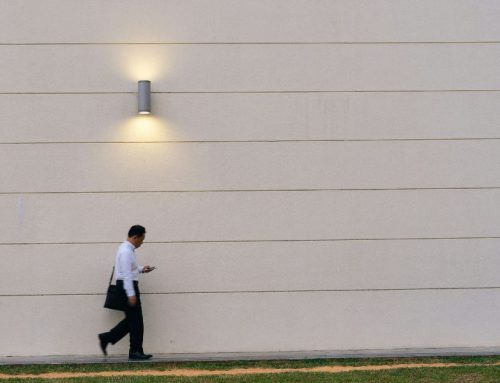Personal tax filing season is once again upon us! Please note that personal and corporate tax filing deadlines are very different. Personal income taxes are to be filed by April and corporate income taxes are to be filed by November.
When filing your personal income taxes in Singapore, here are some key things to keep in mind:
- Tax Filing Deadline: The deadline for filing personal income tax returns in Singapore is usually on April 15th of every year. If you e-file, the deadline is the 18th of April every year. (This information is accurate as of April 2023)
- Tax Residency Status: Your tax residency status in Singapore will determine the amount of taxes you need to pay. You are considered a tax resident in Singapore if you have stayed or worked in Singapore for 183 days or more in the previous year.
- Income Sources: You must declare all income earned in Singapore or from abroad, including salaries, bonuses, and dividends. If you have other sources of income, such as rental income, capital gains, or income from trade or business, you need to declare them too.
- Tax Deductions and Reliefs: You may be eligible for various tax deductions and reliefs, such as personal reliefs, earned income relief, CPF relief, and donations relief. Make sure to claim all applicable deductions and reliefs to reduce your taxable income.
- Electronic Filing: You are required to file your personal income tax returns electronically via the Inland Revenue Authority of Singapore (IRAS) website or mobile app.
- Payment of Taxes: If you have a tax liability, you must make payment by the due date. You can pay your taxes in one lump sum or in installments.
- Keeping Records: Keep all relevant records, including tax receipts and documents, for at least five years in case of an audit.
It is advisable to seek professional advice from a tax expert or use the IRAS e-tax guide to ensure you comply with all tax requirements and get the maximum benefits.







Leave A Comment